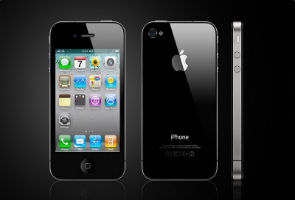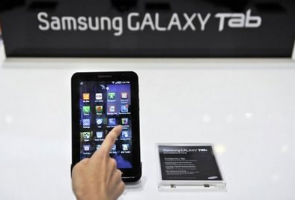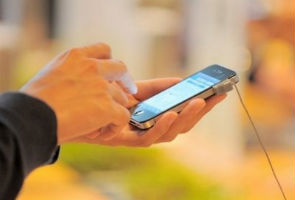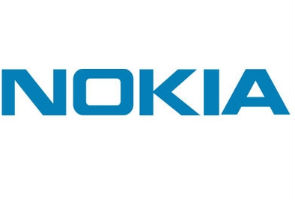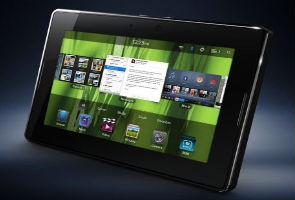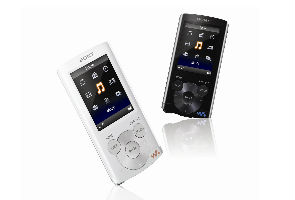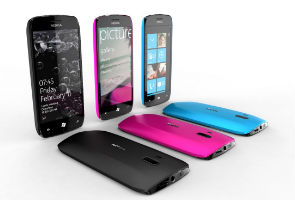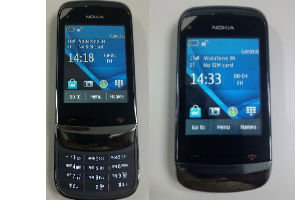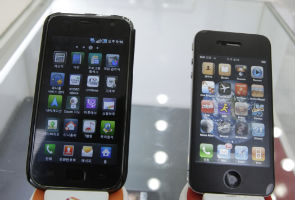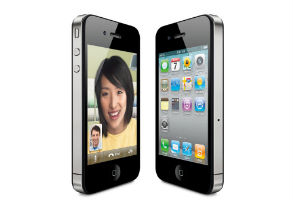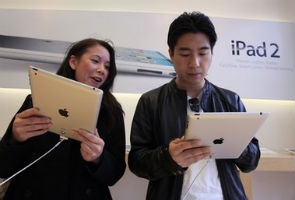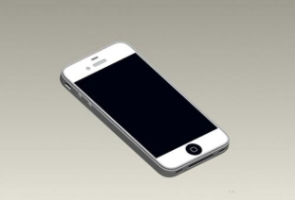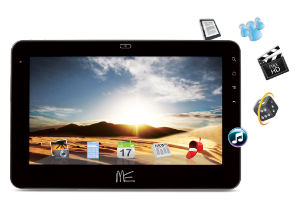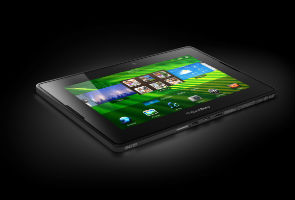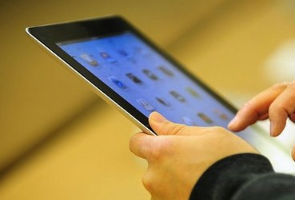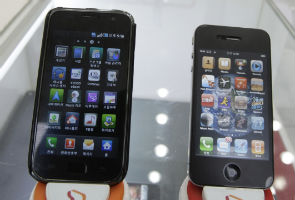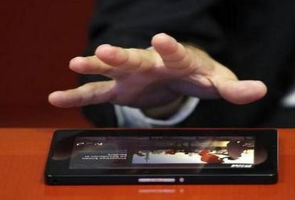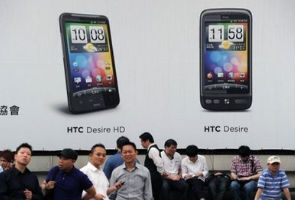Taiwanese smartphone maker HTC has risen to global prominence by
transforming itself from a contract maker into a viable brand, one of
the toughest feats in the fiercely competitive hi-tech industry.
"Quietly
Brilliant" is the motto adorning HTC's advertisements and quietly,
brilliantly it has managed to grow and grow, until recently it stunned
the industry by becoming as big as Nokia.
"Today HTC is
synonymous with smartphones," said Wang Ying-Yu, a research manager at
Industrial Technology Research Institute, a think-tank in the city of
Hsinchu in northern Taiwan.
"It has been more successful than any other company in Taiwan at pulling off the difficult task of building a brand," he said.
HTC's
market value is now around $33 billion, about the same level as Nokia
and surpassing Blackberry maker Research In Motion's (RIM's) $28
billion, according to analysts.
HTC has also set several records
in Taiwan, and was listed as the most profitable company last year,
while co-founder and chairwoman Cher Wang is currently the island's
richest person.
Like many Taiwanese firms, HTC started as a
contract manufacturer for major foreign brands such as Microsoft and
only began developing its own brand of handsets in 2006.
The
theory sounds nice, learn the ropes, then launch your own product, but
so far only a handful of elite Taiwan companies such as computer maker
Acer have managed to get it right.
"Others who tried ended up hurting themselves and typically saw their shares fall by half," Wang said.
Not
HTC. It is now the world's fifth largest smartphone maker by shipment
after Nokia, Apple, RIM and Samsung, and it can challenge Apple's market
share in Europe and Asia, analysts said.
Momentum is further
boosted by first quarter results, which saw its unaudited net profit
nearly triple from the same period last year to Tw$14.83 billion ($510
million) while revenue surged 174 per cent to Tw$104.16 billion.
This
year HTC boss Wang, the 52-year-old daughter of late industrialist Wang
Yung-ching, was crowned Taiwan's richest person by Forbes magazine,
which estimated the combined wealth of her and husband Chen Wen-chi at
$6.8 billion.
"Cher Wang is more like a spiritual leader of the
company. She has a good eye for talent and she supports and trusts her
professional management team," Wang said.
Analysts said HTC's
close partnership with telecom operators and Google has given it an edge
in the business. HTC was the first to make devices powered by Android,
which is now adopted by LG, Motorola, Samsung and Sony.
"HTC is
in time for the rise of smartphones and it is riding the boom of
Google's Android," said Luke Lin, an analyst at Taiwan's IT journal
Digitimes.
Android is the most popular operating system for
mobile devices, and technology research firm Gartner expects it to have
38.5 per cent of the market by the end of 2011, ahead of the 19.4 per
cent for iOS for Apple's iPhone.
"It is going to be even better
for HTC this year although it faces growing challenges for market
share," said Lin. He estimated shipments to almost double from last year
to about 50 to 55 million units.
"This year will see... these
same (Android) vendors broaden and deepen their portfolios to reach more
customers, particularly first-time smartphone users," said Ramon
Llamas, a researcher at International Data Corp.
The company has
also jumped onto the tablet bandwagon with its first tablet, Flyer, due
to go on sale in the second quarter, although analysts said it was too
early to say how it could contribute to the bottom line.
"We
view this more as a product to test the market. We tend to believe
tablets may not be a near-term value driver for HTC," said a recent
Morgan Stanley report. It forecast fewer than two million shipped in
2011.
Underscoring the intense rivalry between smartphone makers
is an on-going dispute between HTC and Apple, which have accused each
other of patent infringement and appealed to the US International Trade
Commission to bar the other's products.
"An unfavourable ruling will certainly impact its (HTC's) operations," said Lin of Digitimes.
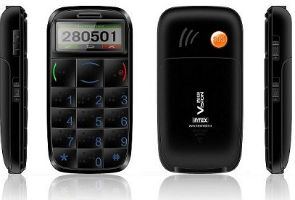 Indian mobile manufacturer Intex has launched the Intex Vision, a mobile phone for the visually impaired. The phone was unveiled by the National Association for the Blind (NAB) to its students and faculty.
Indian mobile manufacturer Intex has launched the Intex Vision, a mobile phone for the visually impaired. The phone was unveiled by the National Association for the Blind (NAB) to its students and faculty.